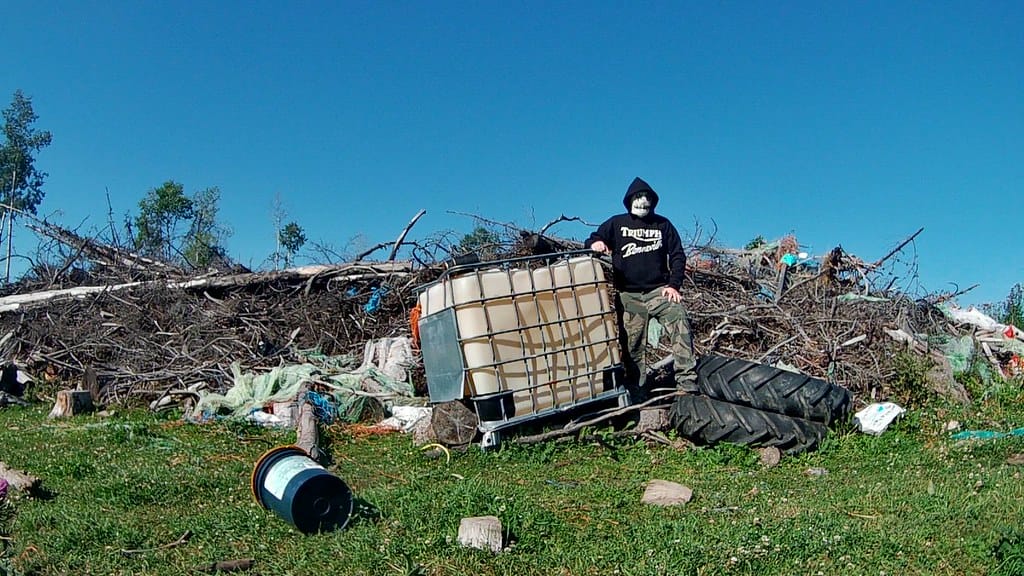DHS Quietly Amassed Millions of DNA Records from US Citizens Without Clear Oversight
The Department of Homeland Security has been systematically collecting and storing DNA samples from American citizens for years through various immigration and border programs, raising serious questions about privacy, consent, and government surveillance that have largely escaped public scrutiny.
A Hidden Database in Plain Sight
Recent investigations and congressional inquiries have revealed that DHS agencies, particularly Customs and Border Protection (CBP) and Immigration and Customs Enforcement (ICE), have accumulated millions of DNA profiles from U.S. citizens and foreign nationals alike. This genetic dragnet operates through multiple channels, often without individuals realizing their biological data is being permanently stored in government databases.
The practice began expanding significantly after 2010, when DHS started requiring DNA collection from detained immigrants. However, the scope has grown far beyond initial immigration enforcement purposes, now encompassing American citizens who cross borders, participate in certain federal programs, or encounter immigration officials in various contexts.
How Your DNA Ends Up in Government Files
Border Crossings and Travel
Citizens returning from international travel may unknowingly provide DNA samples during secondary screenings or investigations. CBP has collected samples during routine questioning, claiming authority under broad immigration statutes that many legal experts argue don't clearly authorize such collection from citizens.
Family Reunification Programs
One of the most concerning aspects involves family reunification DNA testing. When American citizens attempt to sponsor relatives for immigration, they may be asked to provide DNA samples to verify relationships. These samples, initially collected for humanitarian purposes, are often retained indefinitely.
Indirect Collection Through Immigration Cases
Citizens married to non-citizens or involved in immigration proceedings frequently find themselves subject to DNA collection requirements. In fiscal year 2021 alone, DHS collected over 250,000 DNA samples, with an estimated 15-20% coming from U.S. citizens according to government accountability reports.
The Legal Gray Zone
The legal framework governing this collection remains murky at best. DHS cites various authorities, including the Immigration and Nationality Act and border security provisions, but critics argue these statutes were never intended to authorize mass DNA collection from citizens.
Privacy advocates point out that unlike criminal DNA databases, which require convictions or arrests for specific crimes, DHS DNA collection often occurs without any criminal activity or clear legal justification. The samples are processed through the same laboratories used for criminal investigations, creating a parallel genetic surveillance system.
Limited Oversight and Retention Policies
Congressional investigations have revealed troubling gaps in oversight and data management:
- No Clear Destruction Timeline: Unlike some criminal DNA databases, DHS has no standardized policy for destroying samples from citizens who are never charged with crimes
- Minimal Congressional Oversight: The collection program operates with limited legislative review or public reporting requirements
- Inadequate Privacy Protections: Citizens are rarely informed about long-term retention policies or their rights regarding sample destruction
Representative Jim Jordan's House Judiciary Committee has requested detailed information about DHS DNA collection practices, noting that "the American people deserve transparency about how their government is collecting and using their most personal biological information."
Broader Implications for Privacy Rights
This quiet expansion of genetic surveillance raises fundamental questions about the relationship between citizens and their government. Unlike fingerprints or photographs, DNA contains intimate information about health, ancestry, and family relationships that extends far beyond identity verification.
Legal scholars warn that this precedent could normalize broader biological surveillance, potentially affecting everything from employment screening to healthcare access. The genetic information collected today could be subject to future analysis using technologies that don't yet exist.
What Citizens Can Do
While options remain limited, citizens can take some protective steps:
- Request information about any DNA samples collected through Freedom of Information Act requests
- Demand clear consent processes and retention timelines for any requested samples
- Support legislation requiring explicit authorization for citizen DNA collection
- Stay informed about ongoing congressional oversight efforts
The Path Forward
The DHS DNA collection program represents a significant expansion of government surveillance capabilities that has occurred largely without public debate or clear legal authorization. As genetic privacy becomes an increasingly critical issue, Americans deserve transparent policies, clear legal frameworks, and meaningful oversight of how their most personal biological information is collected, stored, and used.
The time for public scrutiny of these programs is long overdue, before this quiet genetic dragnet becomes an irreversible feature of American government surveillance.
